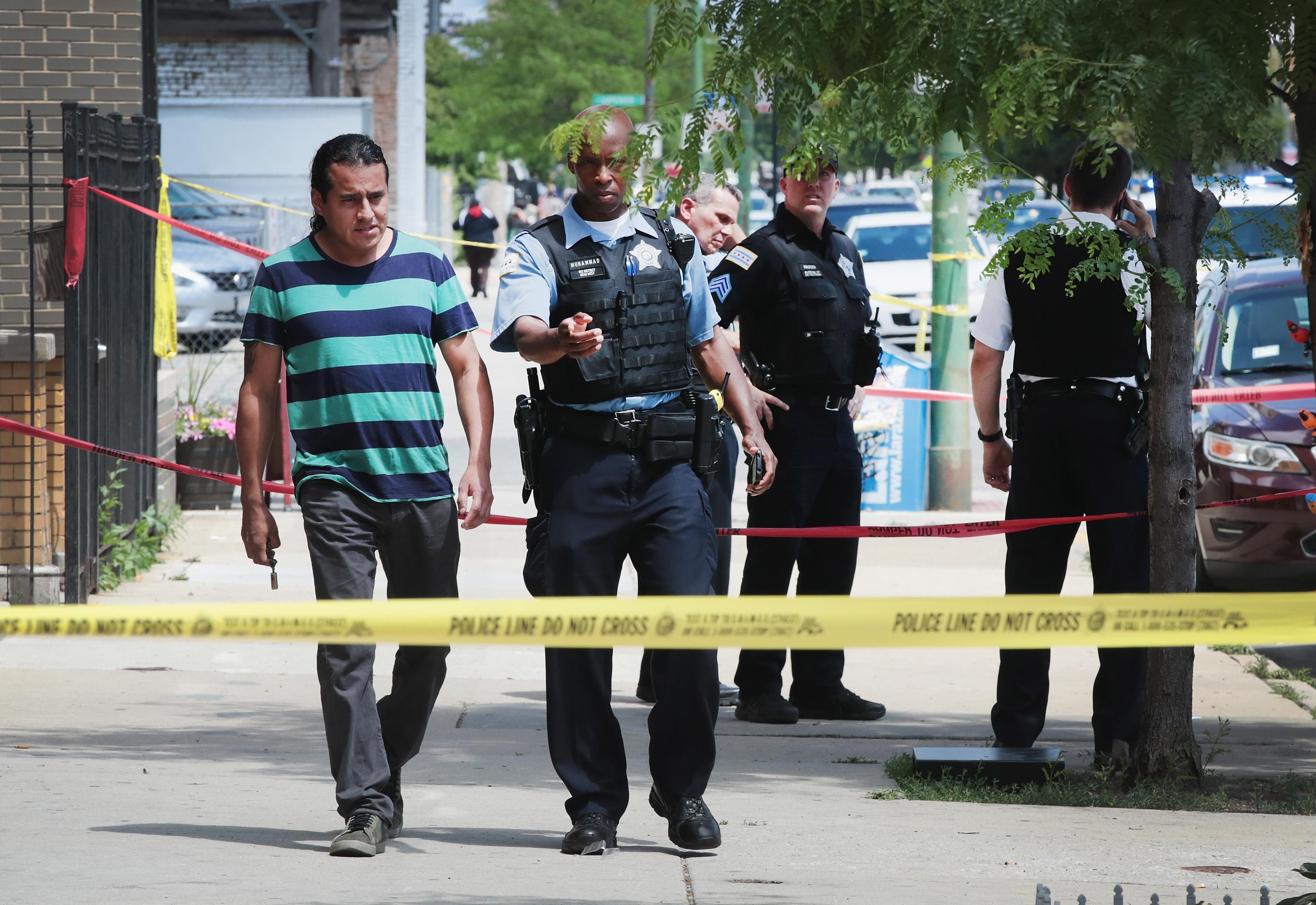Coroners and Medical Examiners Have Very Similar Roles in an Investigation
Published Oct. 21 2021, 2:54 p.m. ET

Big true crime fans often watch mysterious cases very closely as they unfold, and in the more sensational cases that make headlines, either a medical examiner or a coroner will be called to a scene of a crime. When these figures become involved, like in the case of Gabby Petito's death, many wonder what it means for the state of the case. But what's the difference between the two roles?
What's the difference between a coroner and a medical examiner? A lot of it has to do with how they're appointed and their training background.
A lot of the duties of coroners and medical examiners are the same, but there are a few key differences. Whether a death is investigated by a coroner or a medical examiner really depends on the laws in the state and county in which the death occurred. Sometimes only one will investigate the death, while other times both will be required to participate in the investigation.

These titles are also dependent on the individual's background; often, a coroner will have no formal medical training and can sometimes have a law enforcement background, while a medical examiner is usually a physician of some kind who is well trained in the manners of death.
"Coroners are elected lay people who often do not have professional training, whereas medical examiners are appointed and have board-certification in a medical specialty," the National Academy of Medicine explained, per How Stuff Works.
"I think a lot of people have the misconception, from a death investigative standpoint, that it has to be one or the other," Richland County, S.C. coroner Gary Watts told How Stuff Works. "My opinion has always been that it needs to be professionally trained death investigators regardless of what type of system you work, whether it's a coroner system or a medical examiner system."
Often, a medical examiner is a forensic pathologist, and they will usually determine the manner of death.

Who conducts an autopsy? Technically, both a medical examiner and a coroner can.
Autopsies that are ordered by the state can technically be done by either a coroner or a medical examiner, depending on the laws in that state or county. According to John Hopkins Medicine, "Autopsies ordered by the state can be done by a county coroner, who is not necessarily a doctor. A medical examiner who does an autopsy is a doctor, usually a pathologist. Clinical autopsies are always done by a pathologist."
That being said, in a lot of instances, both of these individuals are required to complete an investigation. A coroner will ultimately determine the cause of death and fill out the death certificate, while the medical examiner can interpret the lab results from an autopsy, read toxicology reports, and even give expert statements in court.
Some counties will use a medical examiner system, relying mostly on medical examiners for their investigations, while others run on a coroner system.
At the end of the day, which expert is called to a scene of a crime and conducts an investigation will depend largely on the statutes in place for the county or state rather than the circumstances surrounding a death.